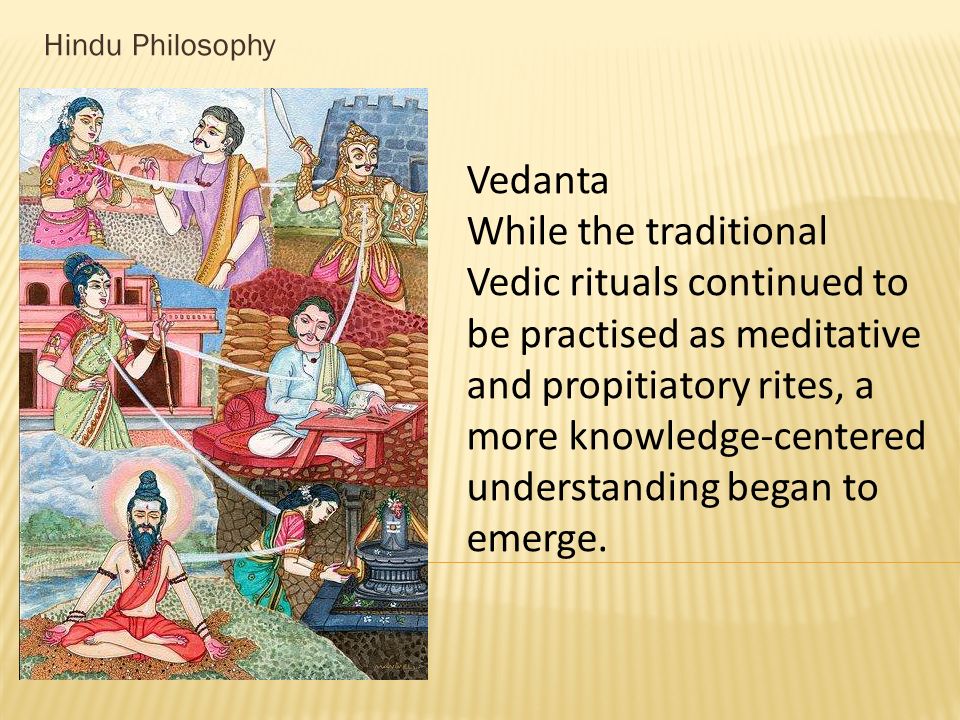Monday, 25
February 2019
A Small
Vedic Hymn
The
Speaking Tree | India | ET
By
DEVENDRA UPPAL
 The
following is a very brief but powerful hymn from the Rig Veda, “Aum Avrikey
Ksheshyanta”. Avrikey means the man who is above malice, lie (falsehood) or
treachery. In other words, the person who is plain, truthful, simple, straight
and pure in his thought and action is ‘avrikey’.
The
following is a very brief but powerful hymn from the Rig Veda, “Aum Avrikey
Ksheshyanta”. Avrikey means the man who is above malice, lie (falsehood) or
treachery. In other words, the person who is plain, truthful, simple, straight
and pure in his thought and action is ‘avrikey’.
He is a
person who is without any unnatural and unnecessary turn or twist in his
thinking or conduct. Ksheshyanta means the God always resides or stays in the
heart of such a man who is Avrikey.
 Aman
comes alone into this world. When he leaves this earthly existence, again, he
exits alone. However, when God is with him, he enjoys all the benefits of being
in a majority, even if he is secluded in this world or the next. Only a
wakeful, modest, resolute, consistent, determined and watchful seeker can
achieve the status of being ‘Avrikey’.
Aman
comes alone into this world. When he leaves this earthly existence, again, he
exits alone. However, when God is with him, he enjoys all the benefits of being
in a majority, even if he is secluded in this world or the next. Only a
wakeful, modest, resolute, consistent, determined and watchful seeker can
achieve the status of being ‘Avrikey’. He should
strive to be tolerant like a tree and humbler than dust, for this will help him
to attune his conduct perfected with the practice of forgiveness. Politeness,
forbearance, patience and restraint are the prerequisites to become Avrikey.
He should
strive to be tolerant like a tree and humbler than dust, for this will help him
to attune his conduct perfected with the practice of forgiveness. Politeness,
forbearance, patience and restraint are the prerequisites to become Avrikey.
There
should be no disagreement, within and without, in thought, speech or action.
Accumulation and assimilation of these virtues takes the devotee on a fast
track to liberation. The Vedas, so full of insight, say, “Prehi Prehi pathebhi
purvaybhi” — Oincessant traveller, you may tread the worldly path with the help
of eternal truth”.
As an
‘Avrikey’, the evolved person will savour the import of the sweet but powerful
Vedic hymn, “Aum Avrikey Ksheshyanta”.
DISCLAIMER
: Views expressed above are the author's own.
Quote
form the True Charm and Power of Vedanta
By the “receptacle
of works” is meant the sum total of Samskharas. Whatever work we do the mind is
thrown into a wave , and after the work is finished we think the wave is gone. No
it has only become fine, but it is still there. When we try to remember the
work, it comes up again and becomes a wave. So it was there. If not , there would
not have been memory. Thus every action every though, good or bad just goes
down and becomes fine, and is thee stored up. Both happy and unhappy thoughts
are called pain-bearing obstructions, because according to the Yogis, they in
the long run , bring pain. All happiness which comes from the sense will,
eventually bring pain. All enjoyment will make us thirst for more and that
brings pain as its result. There is no limit to man’s desires , he goes on
desiring and when he comes to a point
where desire cannot be fulfilled the result is pain. Therefore the Yogis regard
the sum total of to impressions good or evil, as pain bearing obstructions,
they obstruct the way to freedom of the Soul. Courtesy
Rajyoga
But, if He exists?
I
drive joy There was a doctor in Benaras who spent 7 minutes in the morning and evening
for mediation on God. Knowing this, his colleagues and friends laughed at him.
One day they argued that he was wasting ten precious minutes on something,
which he had been misled into believing. The doctor replied, “Well, if God does
not exist, I agree that I am wasting ten minutes a day. But, if He exists? I am
afraid you are wasting your entire lifetime. I prefer to waste ten minutes
rather than a lifetime. Why should you grudge me the 10 minutes joy that I
derive 4m.
ILLUSTRATED
REVIEW : 7th
Heaven moment of the week in ISL Miku no 7 scored a goal,
Aus won first odi as 127/7 ,








No comments:
Post a Comment